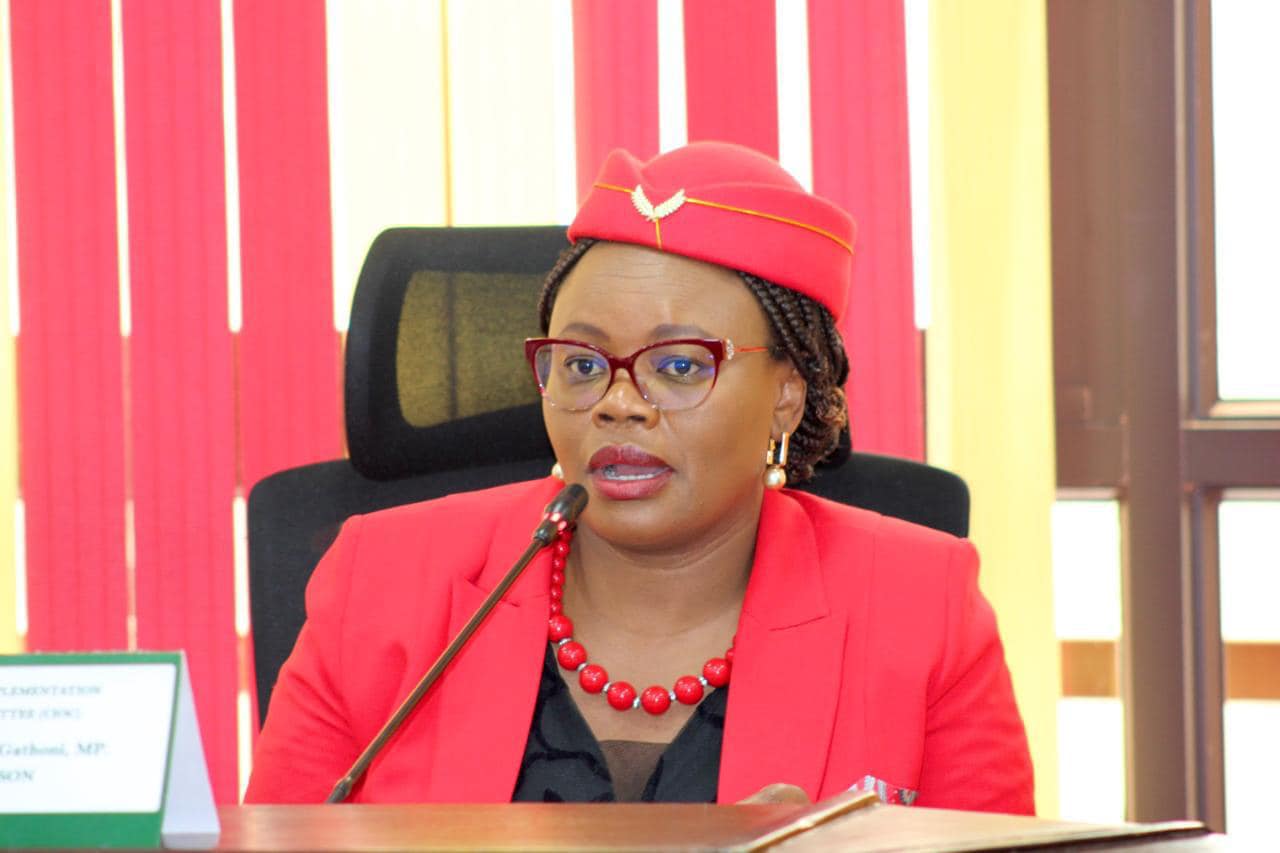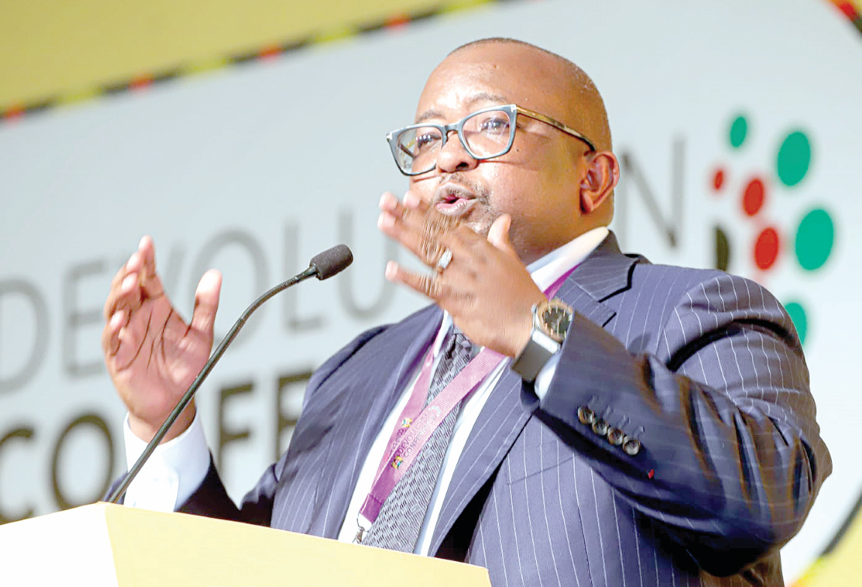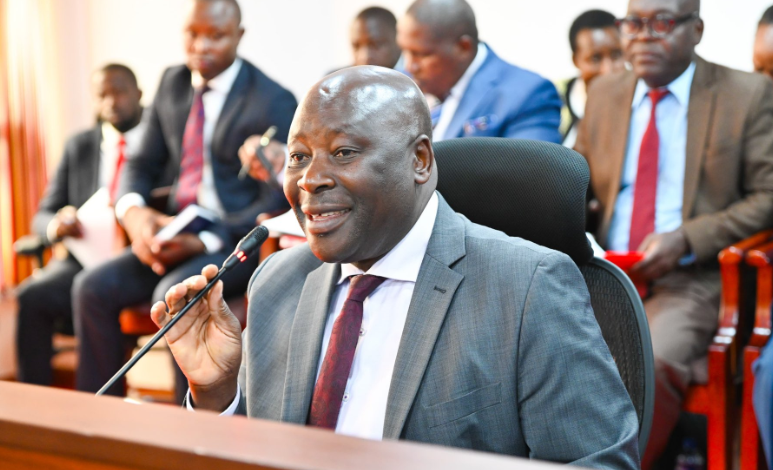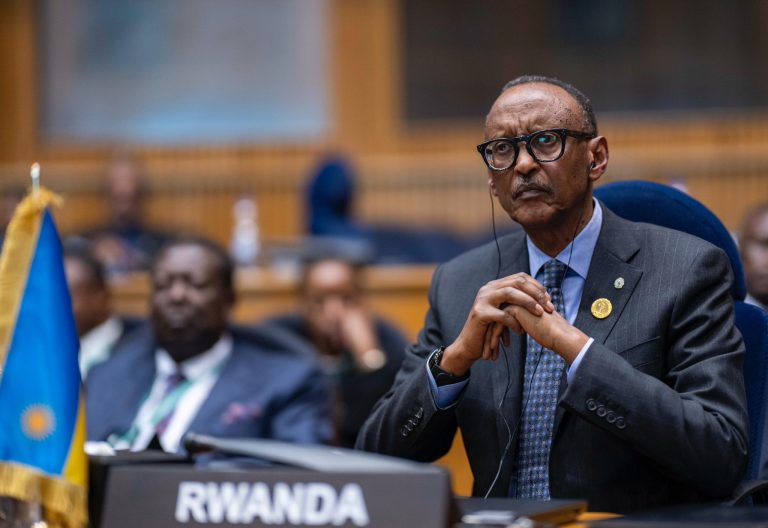Scrapping exam fee waiver undermines education gains – experts warn
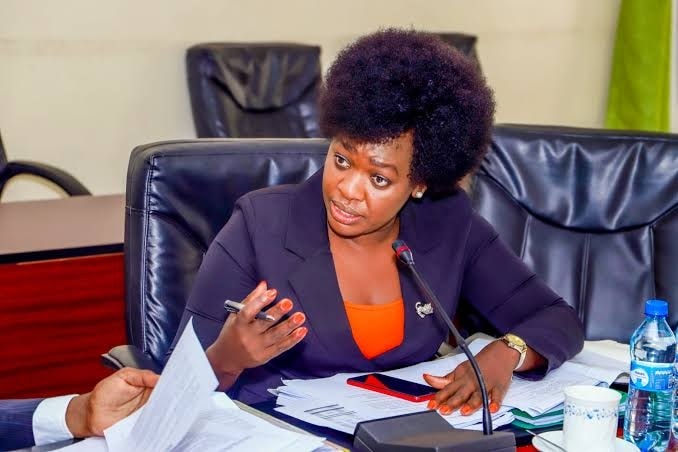
Education expert Janet Ouko has warned that the government’s plan to discontinue the waiver on national examination fees for learners in public schools threatens to reverse significant progress made in the education sector, particularly in access and equity.
Speaking on Tuesday, May 27, 2025, in a panel discussion on a local TV station on education reforms, Ouko, who is also the Executive Director of Elimu Yetu Coalition, criticized the proposed policy shift, calling it regressive and harmful to children from low-income backgrounds.
“What’s the value of educating a child from Grade One to Grade Eight or Form One to Form Four only to deny them the chance to sit their final exams?” Ouko posed. “This move by the government will lock out thousands of bright but disadvantaged learners who depend on state support to transition to the next level.”
Threat to 100% transition policy
The government has, since 2016, covered Kenya Certificate of Primary Education (KCPE) and Kenya Certificate of Secondary Education (KCSE) examination fees for all candidates in public schools as part of efforts to promote free and compulsory basic education. The policy was instrumental in supporting the 100% transition policy from primary to secondary school and ensuring learners complete the full education cycle.
Education stakeholders now fear that scrapping the exam fee waiver will create a bottleneck at the end of the education journey, forcing many students to drop out due to financial constraints.
Impact on marginalized communities
Ouko emphasized that the impact would be most severe in marginalized and economically challenged regions, where many families already struggle to meet basic school needs such as uniforms, transport, and lunch.
“This is a matter of equity. We cannot pretend to offer free education when exams the final gate pass are commercialized. Education is a right, not a privilege for those who can afford to sit an exam,” she stated.
According to data from the Ministry of Education, more than 2.3 million learners sat for national exams in 2023 under the government-funded waiver. Critics now argue that reintroducing fees could reverse enrollment gains and widen the education gap between the rich and the poor.

During the same panel, Kenya Secondary School Heads Association (KESSHA) Chairperson Indimuli Kahi echoed Ouko’s sentiments, warning that the reintroduction of exam fees would undo years of efforts toward inclusive education. He noted that school heads were already receiving distress calls from parents fearing they may not afford the fees.
“This is a ticking time bomb. If implemented, we’ll witness a spike in school dropouts, especially in rural and informal settlements,” Indimuli cautioned.
Kenya Union of Post Primary Education Teachers (KUPPET) Secretary-General Akelo Misori also weighed in, urging the government to seek alternative cost-cutting measures that don’t target vulnerable learners. “We must not balance the budget on the backs of children. Education should be ring-fenced from austerity,” Misori said, adding that the move would violate the right to free and compulsory basic education as enshrined in the Constitution.

While the government is yet to officially announce the policy change, sources within the Ministry of Education indicate that it is part of ongoing budget rationalization measures amid fiscal pressures. However, educationists argue that such austerity should not come at the expense of learners’ futures.
Call to reconsider
Ouko has called on Parliament and other oversight bodies to intervene and block the move, warning that the cost of denying children education opportunities is far greater than the financial savings the government may gain.
“Let us not mortgage the future of an entire generation over budget constraints. The real exam the government should pass is whether it can prioritize education even in tough economic times,” she said.
As the debate intensifies, parents, teachers, and education stakeholders are closely watching how the government will balance fiscal discipline with its constitutional obligation to provide free and inclusive basic education.


